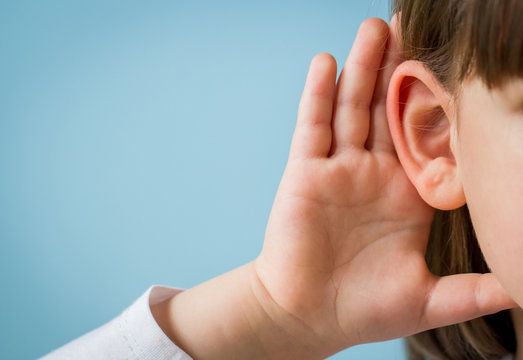Do Ear Infections affect Speech Development?
“Has your child had a history of ear infections?”
“Has your child had a hearing test recently?”
These are two questions we frequently ask Educators and Parents when they call us to enquire about Speech Pathology services for a child.
Middle Ear Infections are very common in children, especially between the ages of 0-3 years. Most ear infections improve quickly without treatment and are not overly serious. These infections of the middle ear are called Otitis Media.
We all have Eustachian Tubes that connect our middle ear to our throats. Young children have very small, narrow tubes which are not yet tilted as in adults. When children are unwell with a common cold, germs from the throat can travel to the ear and cause infection. Repeated infections can result in fluid sitting behind the ear drum for weeks and even months in some cases. Children who have persistent fluid in their middle ear have Glue Ear. The fluid become thick and glue like. This can make hearing difficult as the ear drum is unable to effectively vibrate when there is thick, viscous fluid sitting behind it. For a child trying to hear, it is a little like trying to listen when you are under water. Compromised hearing over time can impact how well a child acquires speech sounds and language skills as so much development takes place between 0-3 years. Some children also have difficulties with attention and behaviour as a result of ongoing complications with ear infections and fluid drainage from the middle ear.
Children may complain of ear pain, develop a temperature or present as irritable when they have an ear infection. Children with chronic glue ear may experience no pain and have very little symptoms so it is really important to be vigilant in checking for any signs that your child may be experiencing an ear infection or difficulties with hearing.
If you have any concerns at all about your child’s hearing, it is best to discuss this with your GP/Doctor who may decide to monitor the situation, refer your child for a hearing test or recommend an Ear Nose and Throat Specialist to investigate the possibility of minor surgery for children who have recurrent and persistent difficulties with their ear health and hearing.

